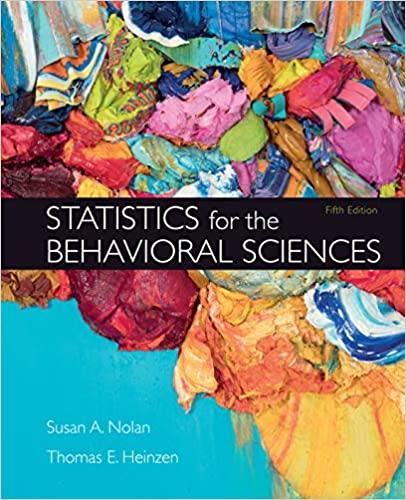New York Times reporter Anahad OConnor (2018) reported on a scandal in the field of psychology. A
Question:
New York Times reporter Anahad O’Connor (2018) reported on a scandal in the field of psychology. A well-known researcher of food-related behaviors, Brian Wansink, resigned from his position at Cornell University after university investigators discovered “academic misconduct in his research and scholarship, including misreporting of research data.” (For example, some have suggested that Wansink may have analyzed his data in different ways in an effort to attain the results he desired.) Several journals retracted papers that Wansink had co-authored because of questions about the research. Wansink generally defends his work, but even he acknowledges some mistakes, including in his statistics.
a. Wansink is an extreme example, but how does it highlight the need for a focus on data ethics in the behavioral sciences?
b. How might “open science” and transparency help to identify problematic research findings, such as those in Wansink’s papers, sooner?
c. Among other possibly inaccurate findings, Wansink reported that children were more excited to eat their vegetables when they had exciting names like “power peas” (O’Connor, 2018). How might the media play a role in exaggerating fun findings like this one?
Step by Step Answer:

Statistics For The Behavioral Sciences
ISBN: 9781319190743
5th Edition
Authors: Susan A. Nolan, Thomas Heinzen





